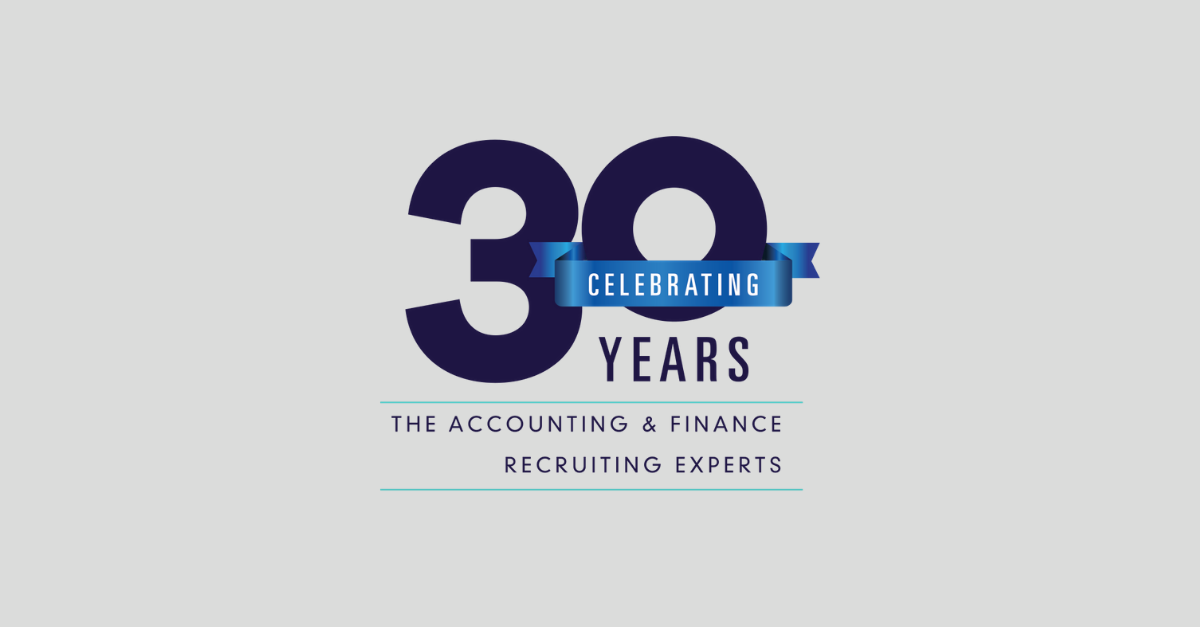The hiring environment for job seekers has been favorable over the past couple of years — candidates know it, employers know it. But the past several weeks have brought life as we know it to a halt.
Still, that doesn’t mean your job search has to. From working remotely and hiring freezes to industries experiencing new surges, many companies are experiencing a shift in their operation. And your approach to finding your next career opportunity should follow suit. Here are a few ways accounting and finance professionals can alter their job search during the pandemic.
Follow the Jobs
First and foremost: employers are still hiring. Essential sectors like healthcare, emergency services, food and agriculture and transportation continue to run at full speed — and most importantly, all require accounting staff to function properly.
Recruiting and staffing firms are fielding requests from businesses for both temporary and permanent candidates to help fill their open positions. Reach out to these agencies to get your resume in front of hiring managers more quickly. Even if they’re unable to place you right away, developing these relationships now will get you in the queue once the employer is ready to move forward.
Establish Your Remote Work Routine
Well before COVID-19 made working from home the new normal, telecommuting and flexible work environments were already gaining popularity among professionals. But it’s imperative that you develop a work-from-home routine, so you can demonstrate your effectiveness to your future employer. After all, working remotely is a skill set in its own right. Designate an area or surface of your home where you’ll conduct business during the workweek. Stick to the same work hours each day. And make sure you have a transparent communication method in place, so you can be quickly accessible when needed.
Engage Your Professional Network
Successful candidates know this to be true: it’s all about who you know. What better time to connect with people at a time when individuals are seeking it most? Nurture your network. Check in with old colleagues, fellow alumni or people in a similar industry than you. Offer to set up a virtual cup of coffee to discuss how they’re doing during this pandemic. Another way to boost your online identity, if you’ve been itching to write a think piece or put your professional perspective on an important topic in your field, now is the time. This is a great conversation point to discuss with new contacts — and an impressive note to share with recruiters and hiring managers.
Are you looking for a remote employment opportunity? Submit your resume today.















